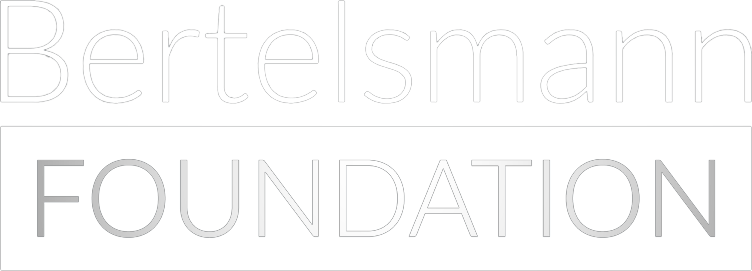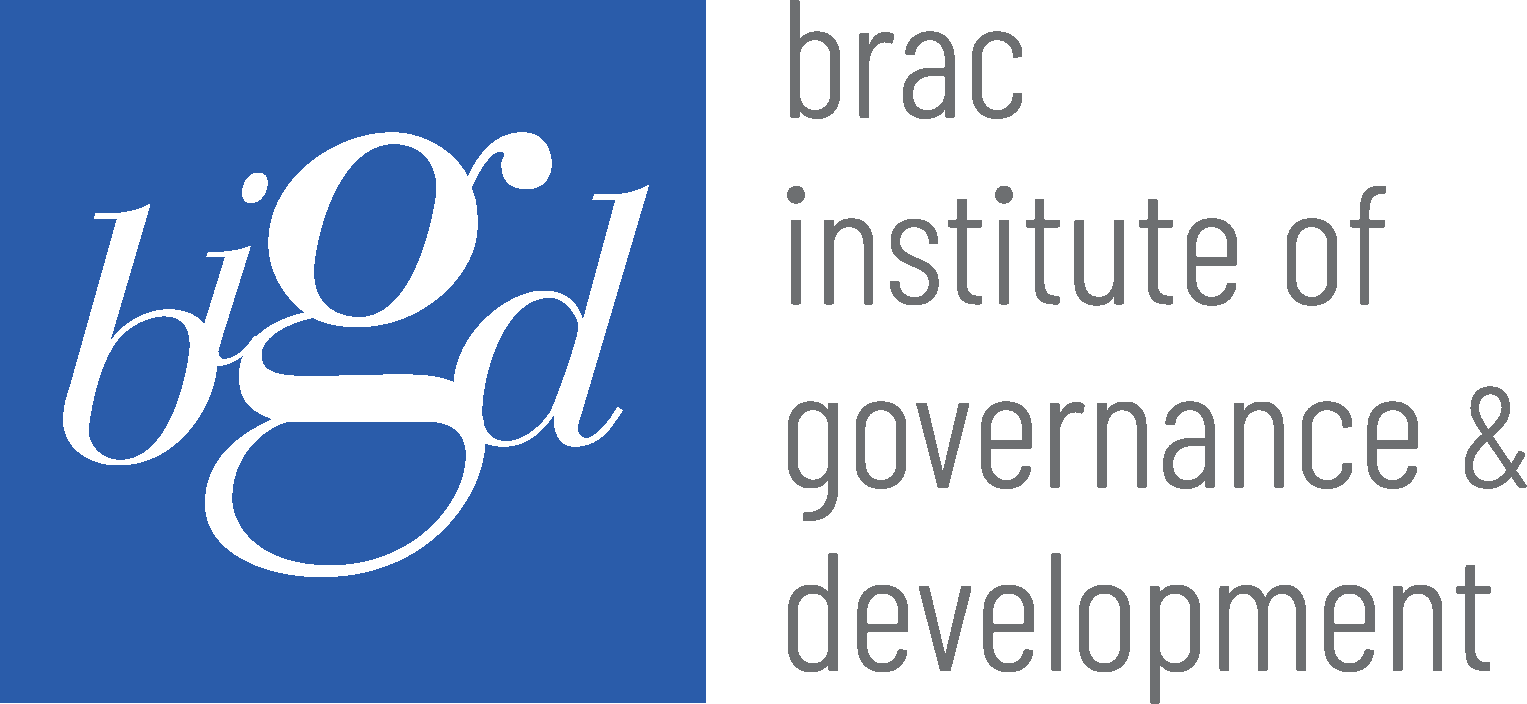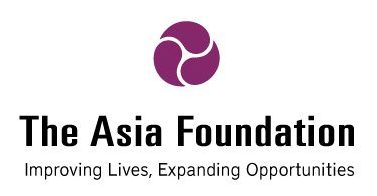111
What are the key factors contributing to effective civic engagement at national and local levels? Which skills or incentives do citizens need to participate in public decision-making?
Citizen participation is an important facet of democracies and social accountability. The environment surrounding citizen engagement is key to how effective citizen engagement is. What are their key factors influencing their engagement? Reaching scale is a key part of creating democratic and societal change through citizen engagement mechanisms. In which cases and under what conditions […]
101
If citizens have greater access to data and information, does that mobilize them to take action and engage politically? Under what circumstances does that happen?
Often there is an assumption that increased access to data and information, clear instruction, or easy civic entry points are sufficient for building sustained citizen engagement with government. Is that assumption correct? It is critical to assess behavior and behavior change among the citizenry to better understand what is required and desired by people to […]
92
How can democracies achieve inclusion more effectively, in terms of both process (how decisions are made, whose voices count), and outcomes (how resources, prosperity and well-being are distributed)?
This is an extremely relevant question given the rising appeal of populism and the growing disenchantment with democratic systems, which are seen as failing to deliver against people's needs and expectations. States and societies that are trying to become more inclusive are often trying to transform themselves along several fundamental dimensions at the same time, […]
89
How are social media and digital communications platforms affecting the way people engage politically and the nature and quality of political debate?
Social media is pervasive, and often criticized as a negative influence in society. But for many citizens it is the cheapest and quickest way to access information on any issue, whether it be local or national. It would be useful to analyse what are the most effective ways citizens have used these platforms for increasing […]
87
Which populations/groups are not represented in data that is collected and used for formal government decision-making? Who is most at risk of being excluded from consideration with the rise in data innovations?
With so many organisations jumping onto the use and adoption of data innovations, often the provenance of the data itself is not examined. This creates biases in the insights and recommendations produced. More attention needs to be channelled to identifying who is marginalised from datasets used. Solutions offered by big data approaches have previously resulted […]
80
What is the relationship between transparency of government performance and public trust in government institutions? Which factors have the most significant impact on increasing public trust in government?
The Open Government movement and numerous governance reform efforts are premised on the assumption that transparency is a good in itself, and will lead to overall trust. Does the evidence support this? Many efforts have been made to increase the trust between parliamentarians and citizens. However, the sequences of events in many regions of the […]
72
Which factors most determine differences in institutional capacity and performance of government agencies?
Institutional capacity in developing countries is often considered to be the bottleneck to efficient and equitable governance. While there is a lot of conceptual work on what constitutes institutional capacity, the indicators thus far used do not make cross-country comparisons feasible or productive.
65
Does open governance affect the accountability of those in power; facilitate public debate and participation; and lead to more inclusive, transparent and timely decision-making?
There is a need for stronger analyses of open government and open data initiatives. This new evidence could help us understand: 1) if the amount of public resources spent on these initiatives have had actual returns for the public/society, 2) if governments have actually changed how they work, and 3) if these initiatives are being […]
53
How has democratic regression (erosion of democratic norms and standards) affected public service delivery? Does less democratic governance lead to less effective service delivery?
There is increasing evidence on global trends of democratic recession. There is nothing that correlates that with diminishing service delivery or governing systems. Where is the "harm" being felt? Where is this represented statistically? Is it only that we care about democratic principles or that the harm goes beyond that violation of values? Access to […]
47
How does government budget and expenditure transparency at different levels impact community monitoring and the quality of public service delivery?
Assuming that access to information on budget and expenditure empowers people to demand better public services, one expects that municipalities with higher levels of transparency on budget and expenditures respond to social demands thereby providing better services. In health services, there are various initiatives to engage citizens to monitor health services and participate in decision-making […]












































































































